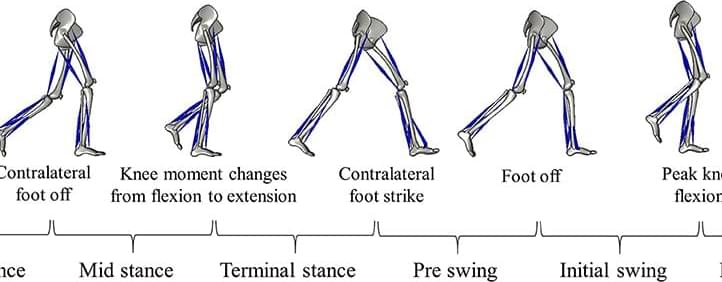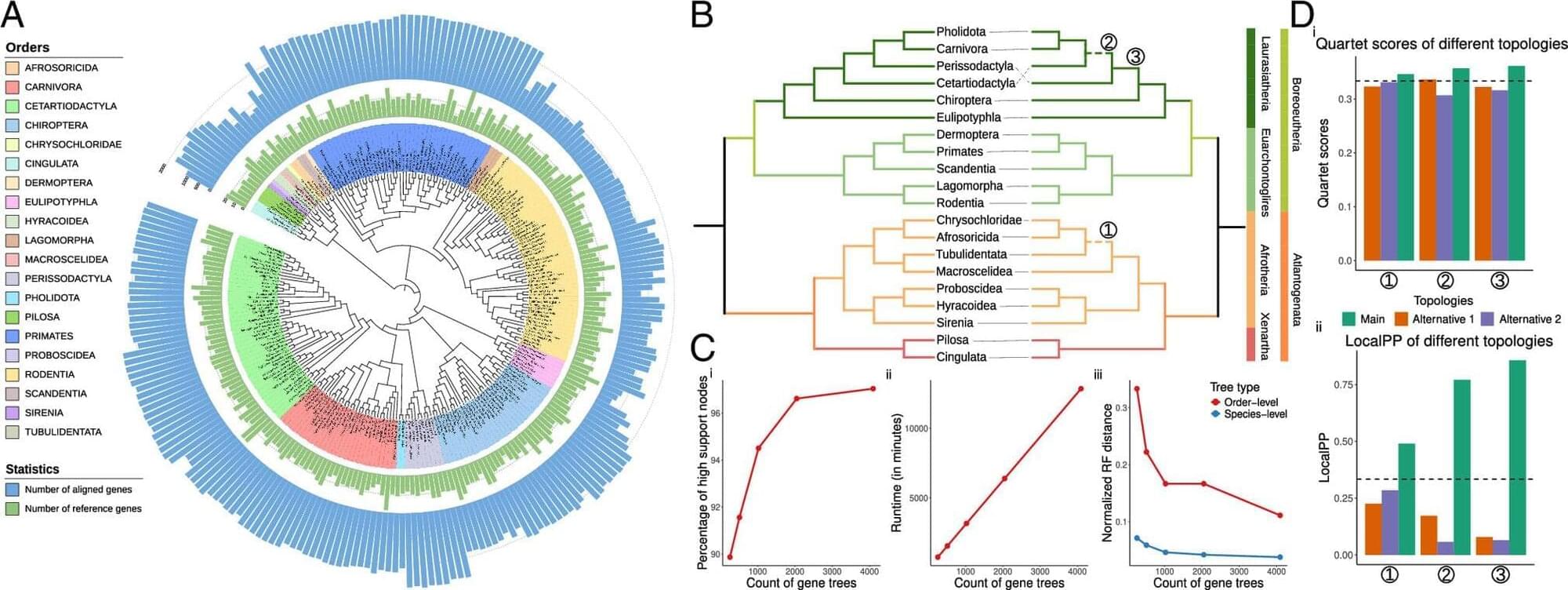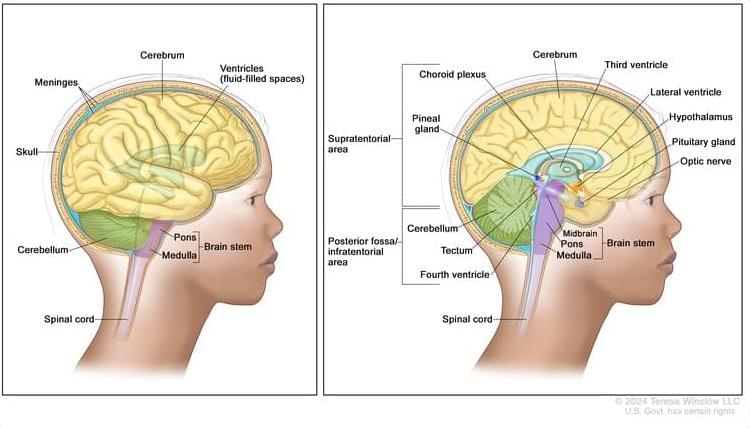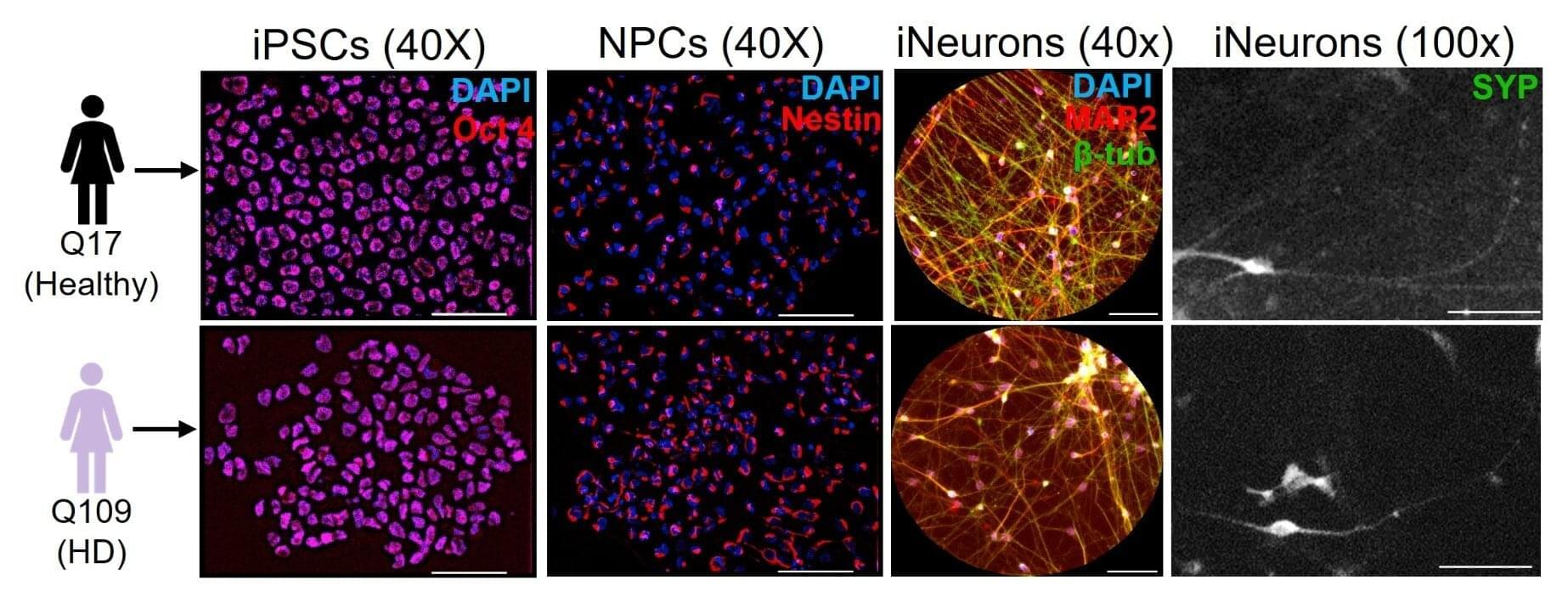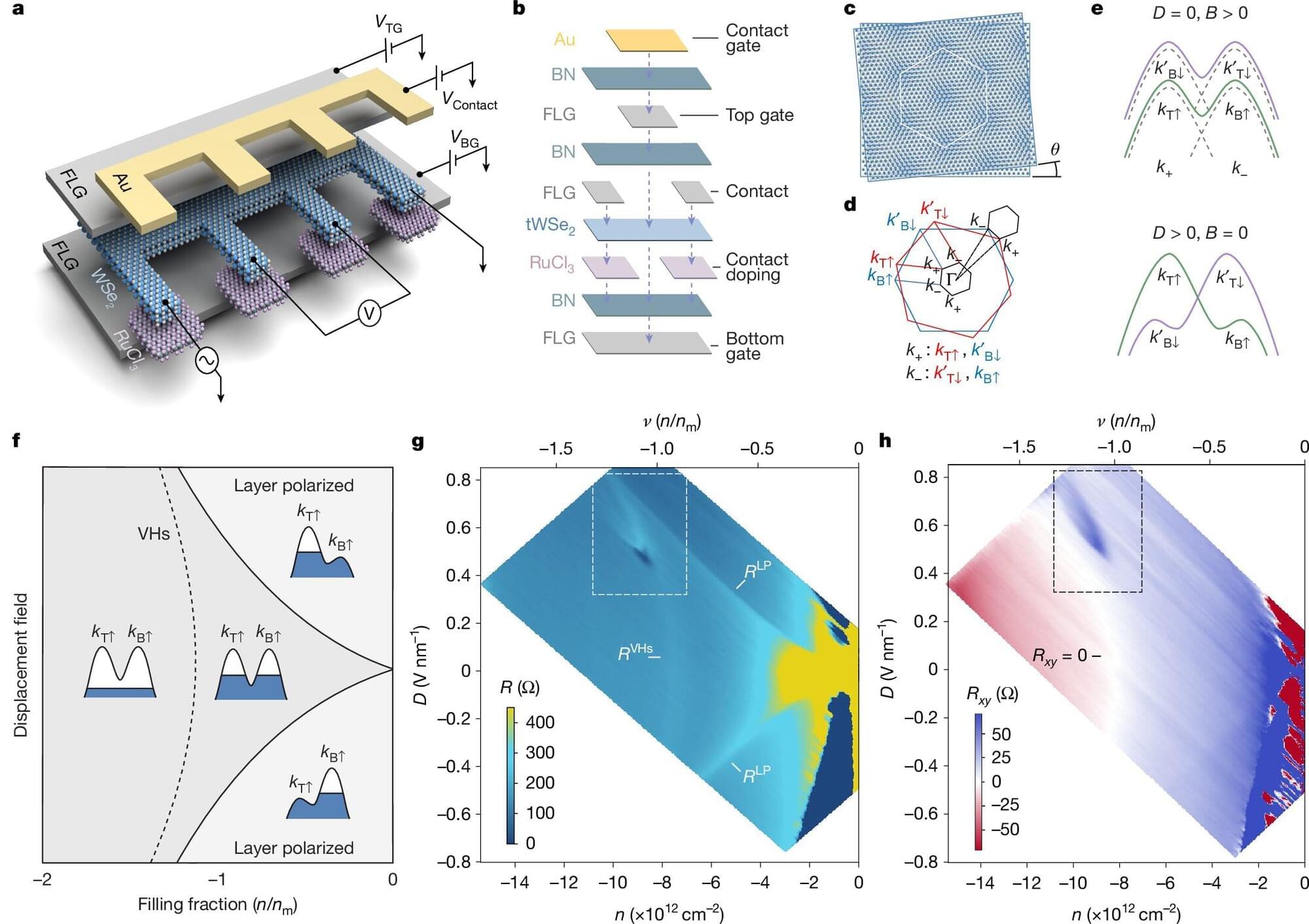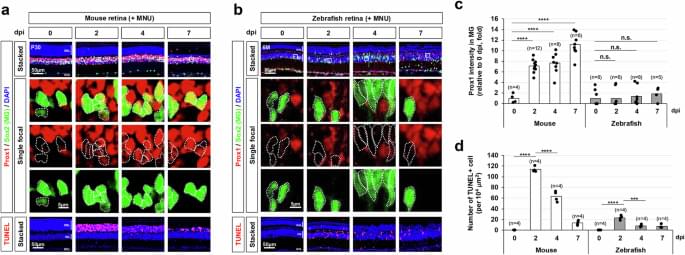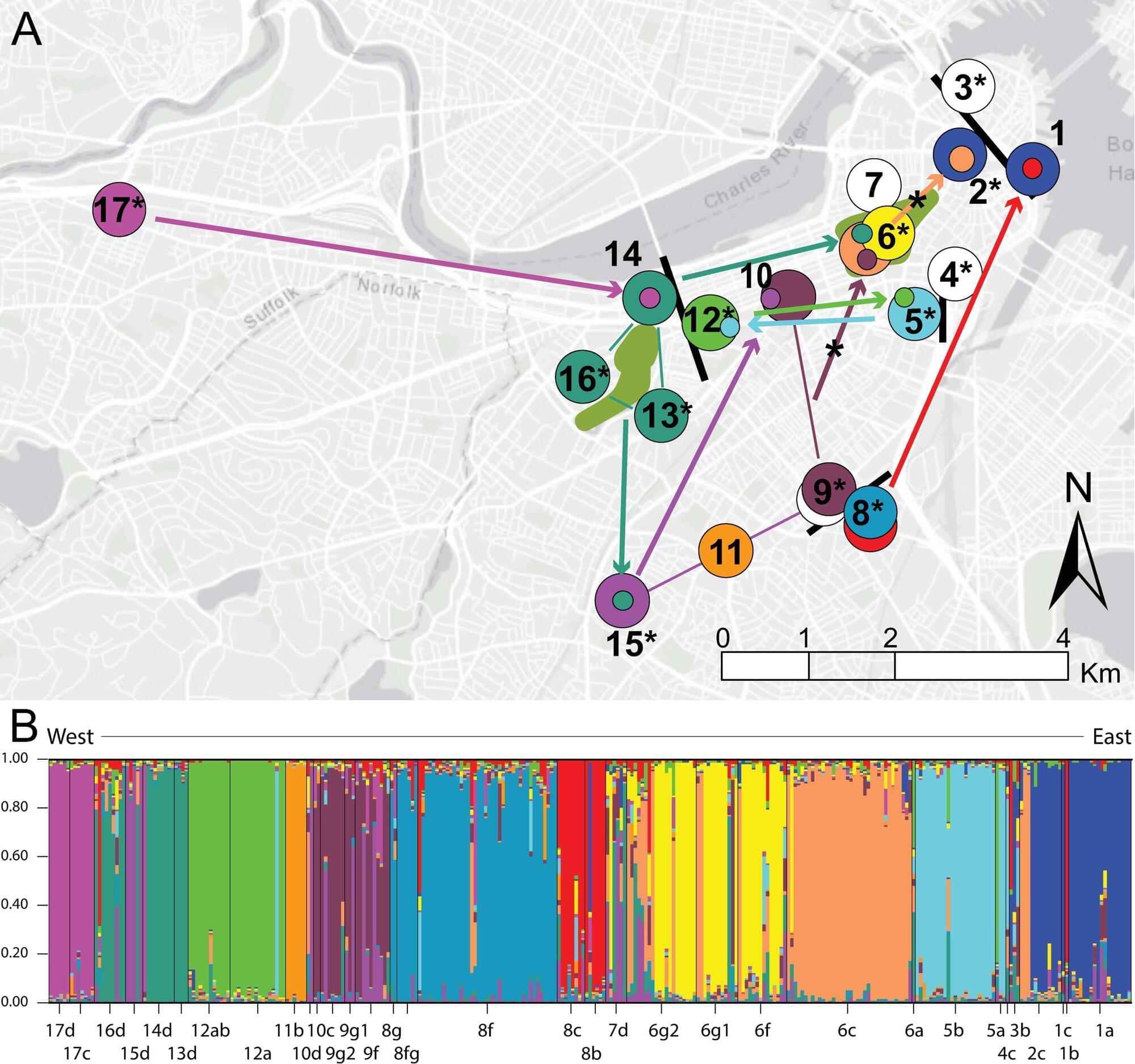Investigating muscle activity and coactivation with surface electromyography (sEMG) gives insight into pathological muscle function during activities like walking in people with neuromuscular impairments, such as children with cerebral palsy (CP). There is large variation in the amount of coactivation reported during walking in children with CP, possibly due to the inconsistent handling of sEMG and in calculating the coactivation index. The aim of this study was to evaluate how different approaches of handling sEMG may affect the interpretation of muscle activity and coactivation, by looking at both absolute and normalized sEMG. Twenty-three ambulatory children with CP and 11 typically developing (TD) children participated. We conducted a three-dimensional gait analysis (3DGA) with concurrent sEMG measurements of tibialis anterior, soleus, gastrocnemius medialis, rectus femoris, and hamstring medialis. They walked barefoot at a self-selected, comfortable speed back and forth a 7-m walkway. The gait cycle extracted from the 3DGA was divided into six phases, and for each phase, root mean square sEMG amplitude was calculated (sEMG-RMS-abs), and also normalized to peak amplitude of the linear envelope (50-ms running RMS window) during the gait cycle (sEMG-RMS-norm). The coactivation index was calculated using sEMG-RMS-abs and sEMG-RMS-norm values and by using two different indices. Differences between TD children’s legs and the affected legs of children with CP were tested with a mixed model. The between-subject muscle activity variability was more evenly distributed using sEMG-RMS-norm; however, potential physiological variability was eliminated as a result of normalization. Differences between groups in one gait phase using sEMG-RMS-abs showed opposite differences in another phase using sEMG-RMS-norm for three of the five muscles investigated. The CP group showed an increased coactivation index in two out of three muscle pairs using sEMG-RMS-abs and in all three muscle pairs using sEMG-RMS-norm. These results were independent of index calculation method. Moreover, the increased coactivation indices could be explained by either reduced agonist activity or increased antagonist activity. Thus, differences in muscle activity and coactivation index between the groups change after normalization. However, because we do not know the truth, we cannot conclude whether to normalize and recommend incorporating both.
Surface electromyography (sEMG) is used to measure muscle activity and may be used clinically to investigate muscle function during activities such as walking in conditions affecting the neuromuscular system (1). In children with cerebral palsy (CP), three-dimensional gait analysis (3DGA) with simultaneous sEMG measurements is often conducted to get insight into muscle activity as part of treatment prescriptions and evaluation of treatment effect. Cerebral palsy, the most common cause of physical disability in childhood, is characterized by insufficient motor activity such as reduced muscle strength and poor balance, but also increased motor activity such as spasticity and excessive muscle coactivation (2, 3). Those features of children with CP may impair function in general and gait in particular. Compared to typically mature gait, children with CP have shown deviations in different gait phases and greater physiological variability during walking (4, 5).
Muscle coactivation, defined as simultaneous activity of agonist and antagonist muscles crossing the same joint, is a normal motor control strategy to increase joint stability and coordination (6, 7). During complex tasks, such as walking, coactivation occurs prominently at certain phases during the gait cycle, ensuring stability and allowing efficient walking. Excessive and/or prolonged coactivation, however, may cause inefficient movements by reducing flexibility and adaptability and increasing the loading of the joints, and thus, energy cost (6, 7, 9, 10). Therefore, a main treatment goal for ambulatory children with CP is to make walking easier, through, for example, normalizing altered muscle activity and coactivation (11). However, the role of the increased coactivation in children with CP has been questioned in several studies, and the findings are conflicting (9, 12–14).
